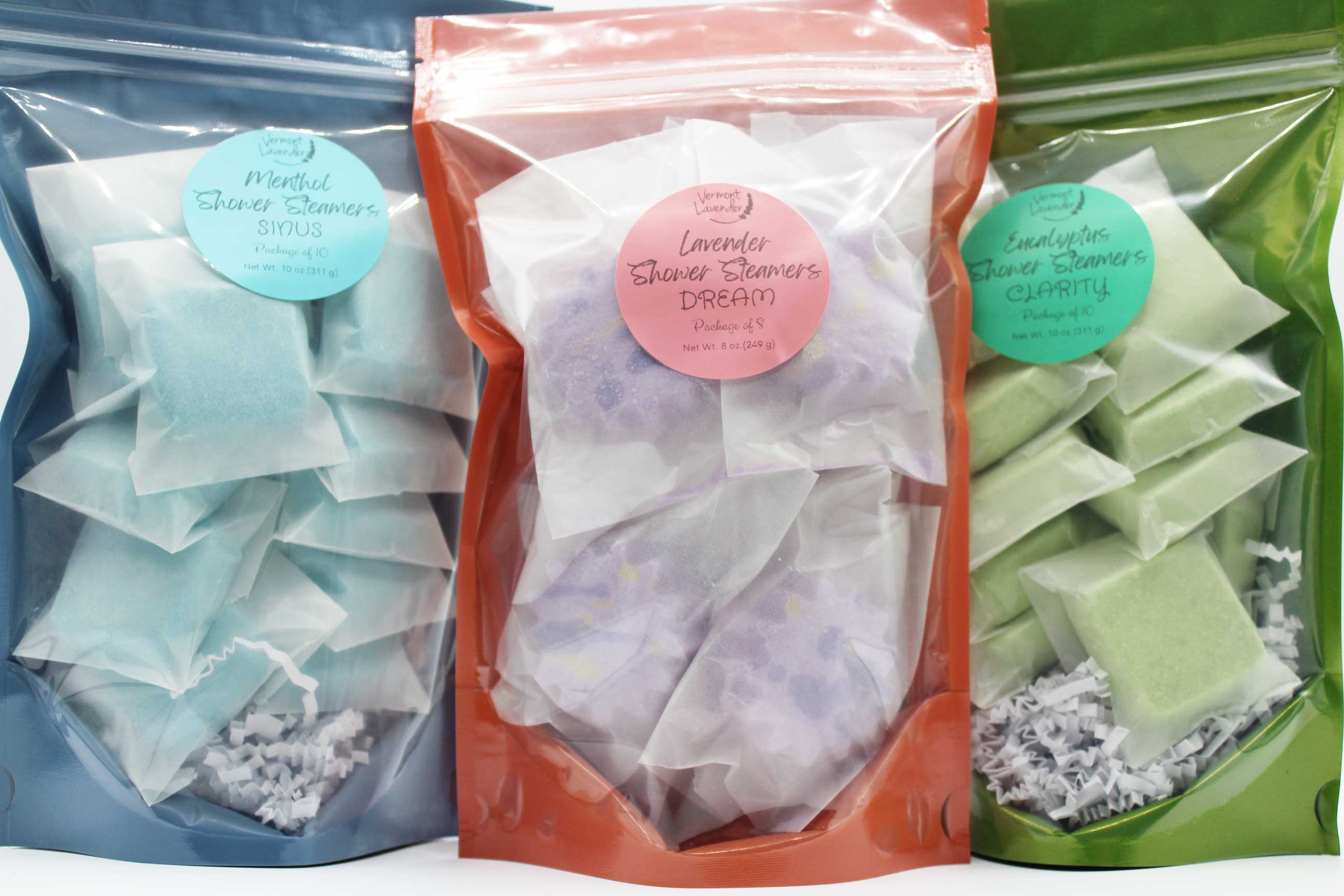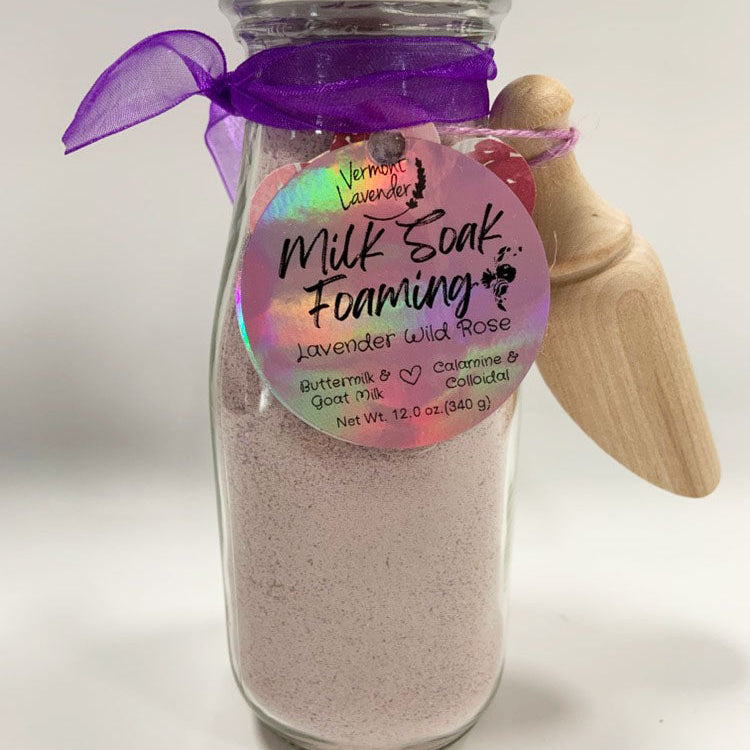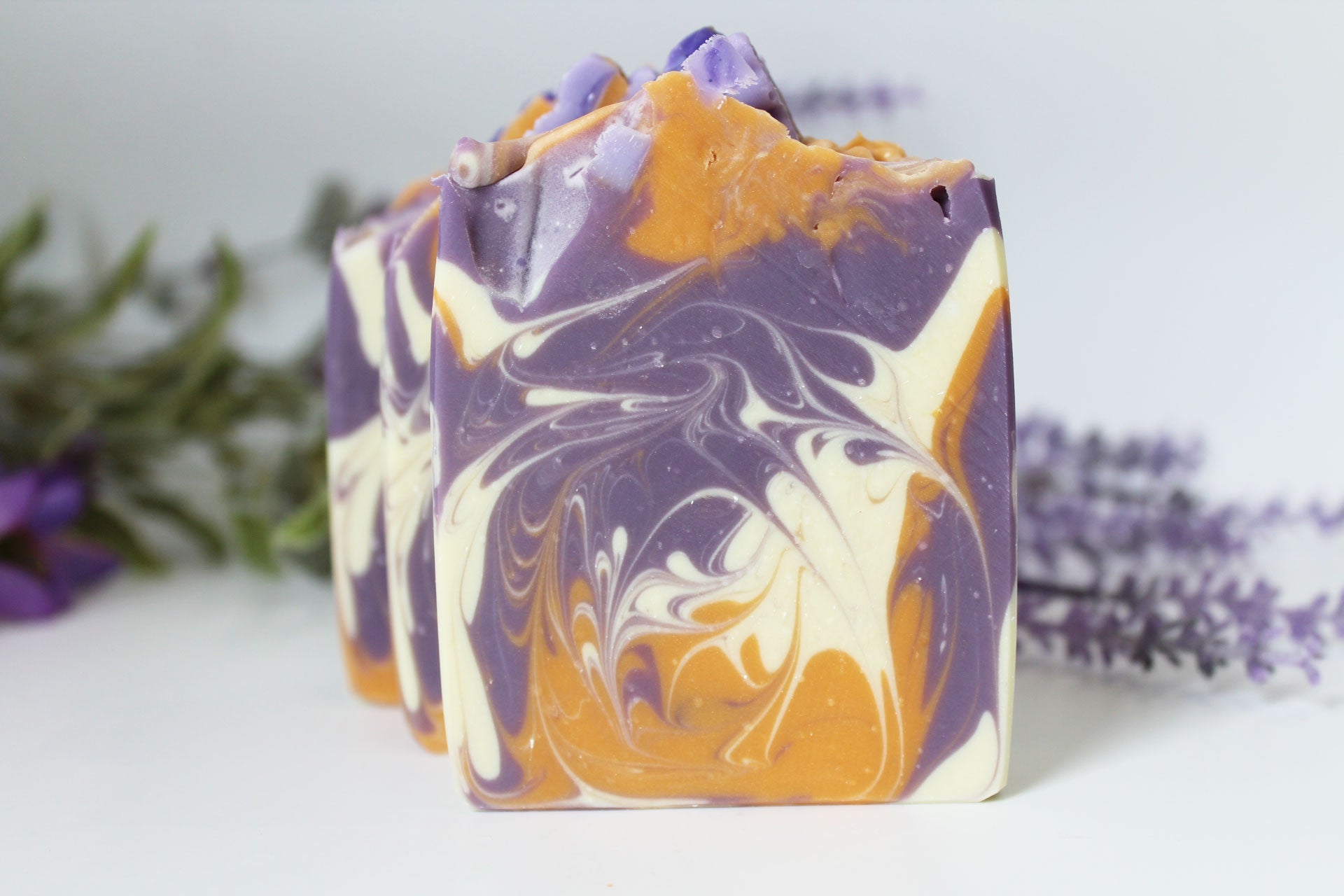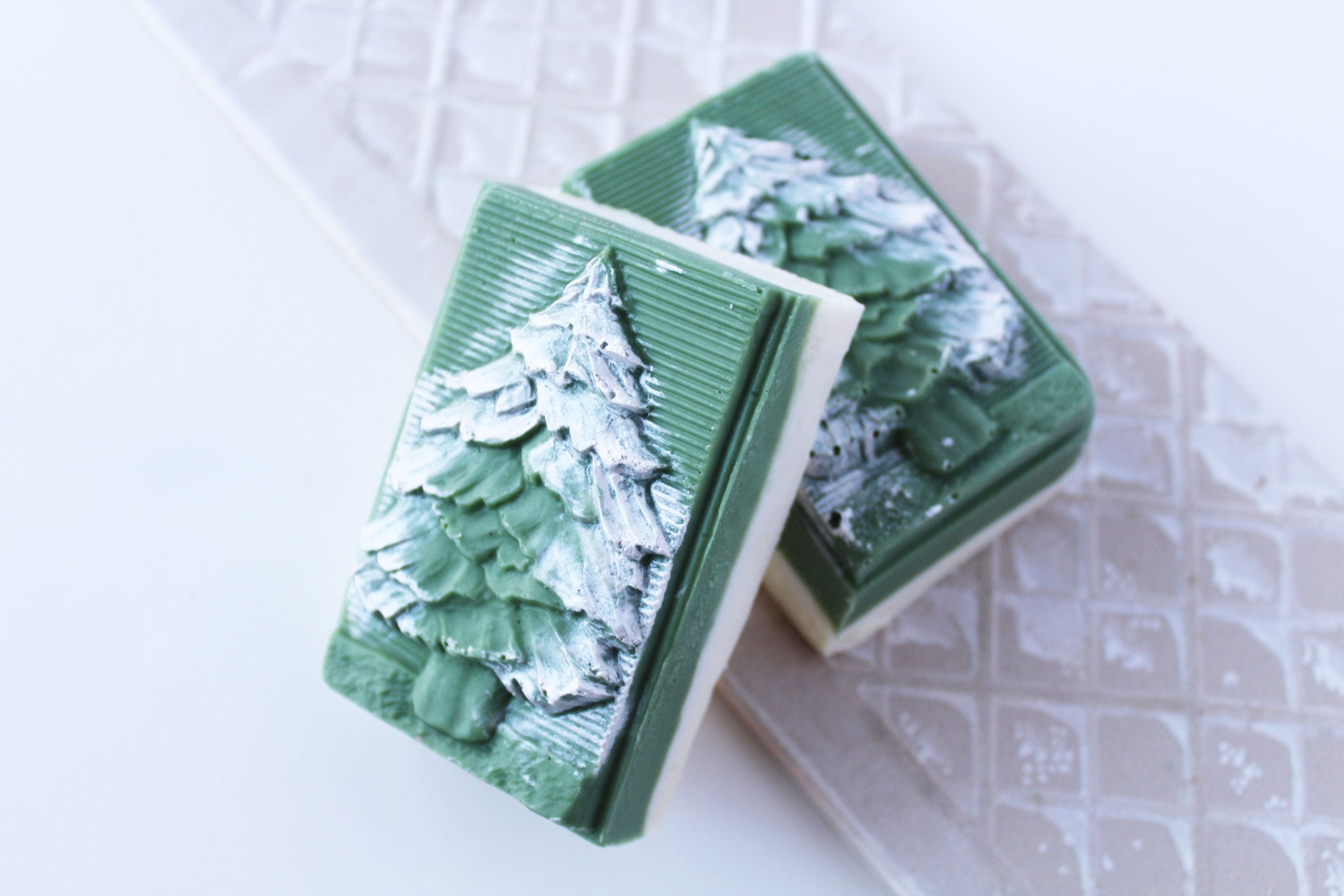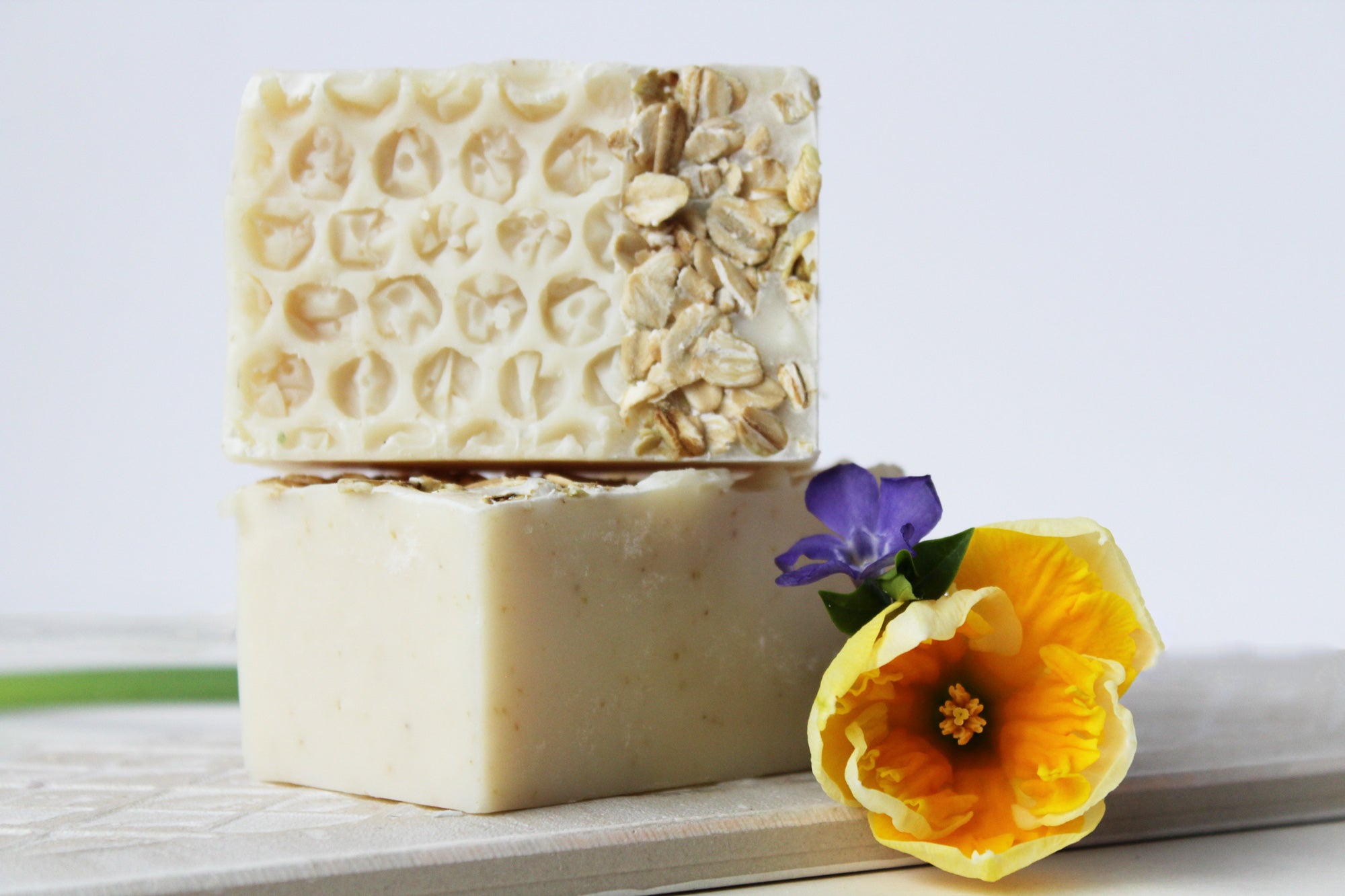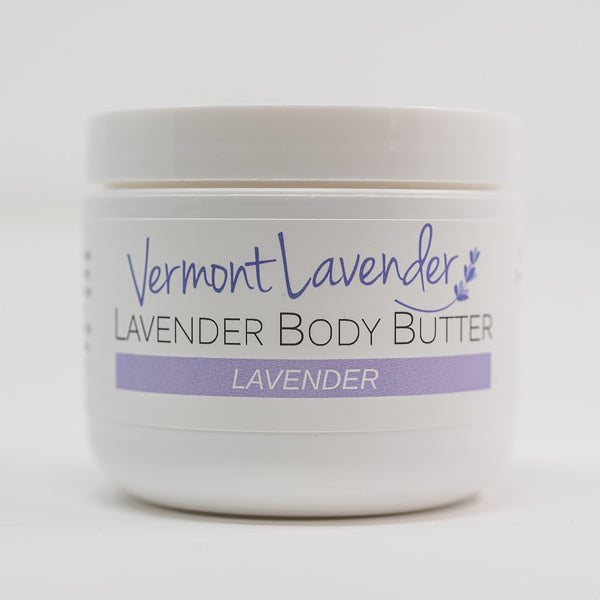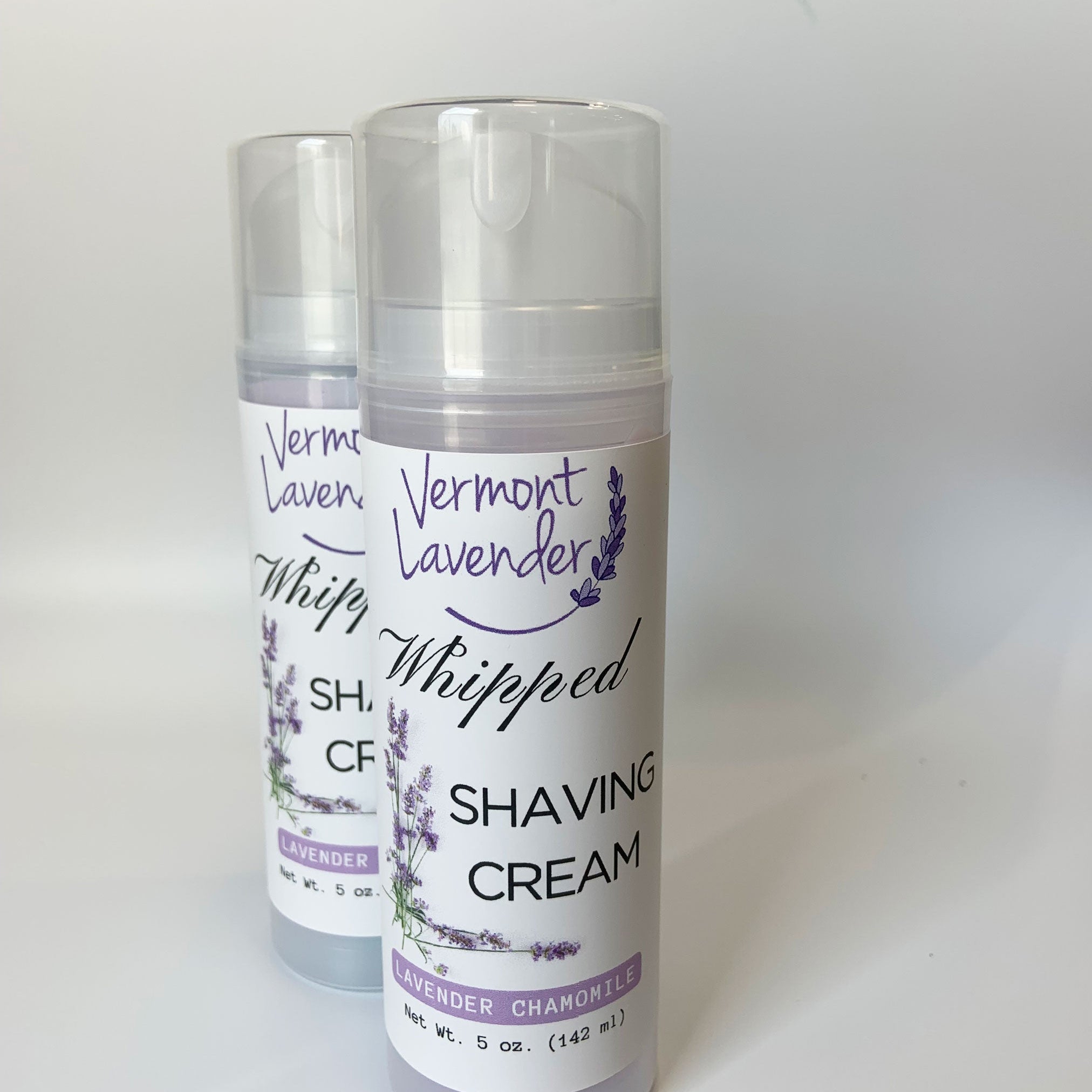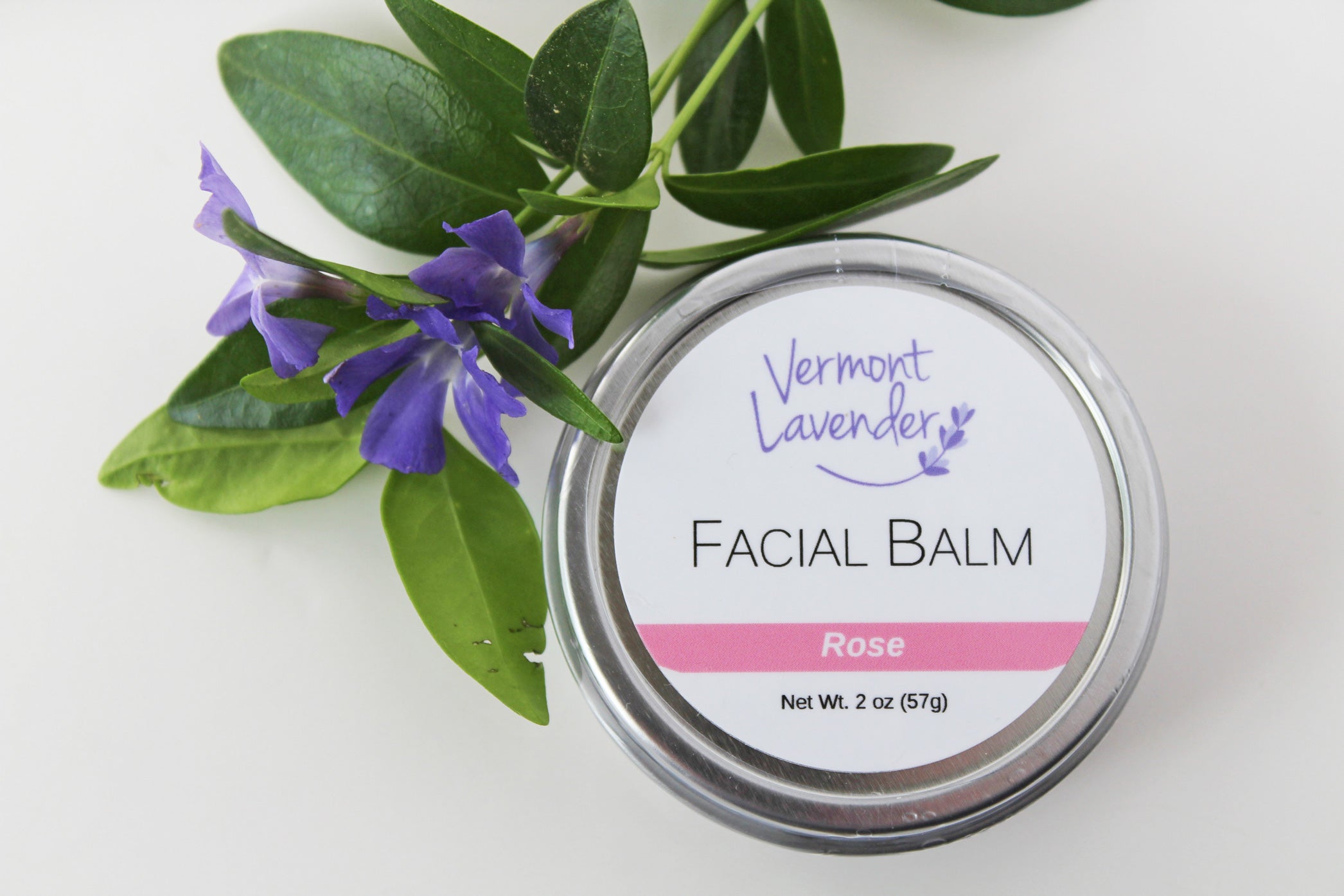To determine if you have dry skin ask yourself.
- Does it only occur during the dry winter months?
- Does dry skin occur all year?
As a child if you had dry skin this is a result of producing less sebum or natural oil produced by the body. As a child this can result in dry skin on legs, arms and mid- section mostly. As we mature and our body produces less sebum this can result in drier skin and less elasticity of the skin tissue. Thus, making us more prone to dry skin or in extremely dry skin - psoriasis and eczema.
Some of the symptoms may be:
-
 Rough scaly skin
Rough scaly skin -
 Dry Itchy skin
Dry Itchy skin -
 Red patchy spots on skin
Red patchy spots on skin -
 Flaking skin
Flaking skin -
 Dehydrated skin winkles
Dehydrated skin winkles -
 Uncomfortable and lackluster glow
Uncomfortable and lackluster glow -
 Dark skin may be ashy or gray
Dark skin may be ashy or gray
More severe symptoms
- Dehydrated skin that’s not plump or smooth skin
- Cracked skin – extremely dry cracked skin on hands, feet, elbows or knees
- Dry acne prone skin
- Unusual areas on the body
- White spots on feet and ankles or elbows
Areas this may occur
-
 Dry lips and skin around mouth
Dry lips and skin around mouth -
 Dry itchy scalp
Dry itchy scalp -
 Hands, feet and elbows
Hands, feet and elbows -
 Face and neck areas
Face and neck areas -
 Dry spot-on palm of hand
Dry spot-on palm of hand -
 Dry knuckles symptoms
Dry knuckles symptoms
-
 Itchy eye lids or eyebrows
Itchy eye lids or eyebrows -
 Flaky red or cracked skin on legs
Flaky red or cracked skin on legs -
 Dry skin between fingers and toes
Dry skin between fingers and toes
The best way to alleviate dry skin is to keep it moisturized after bathing or showering. This way moisture is locked in resulting in softer skin and restoring the natural balance to our skin.
During the dry winter months, the use of body butters or body balms are the best way to lock moisture and avoid evaporation of water from our skin. When using liquid moisturizers made with water they’re not as long lasting during the winter months but are preferable to use during the hot summer months.


